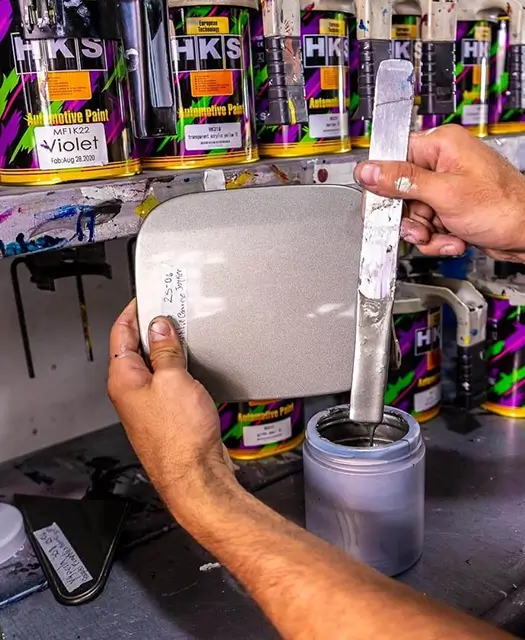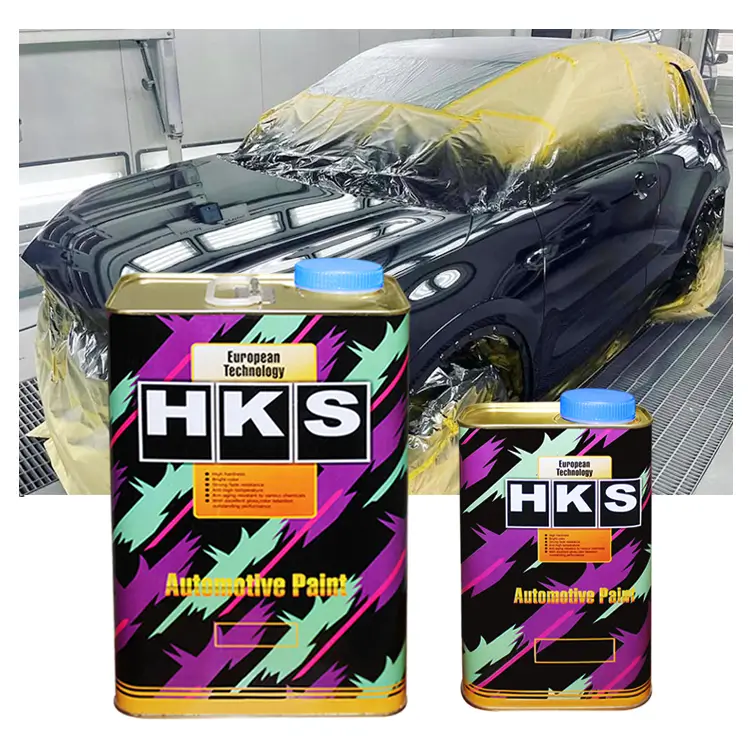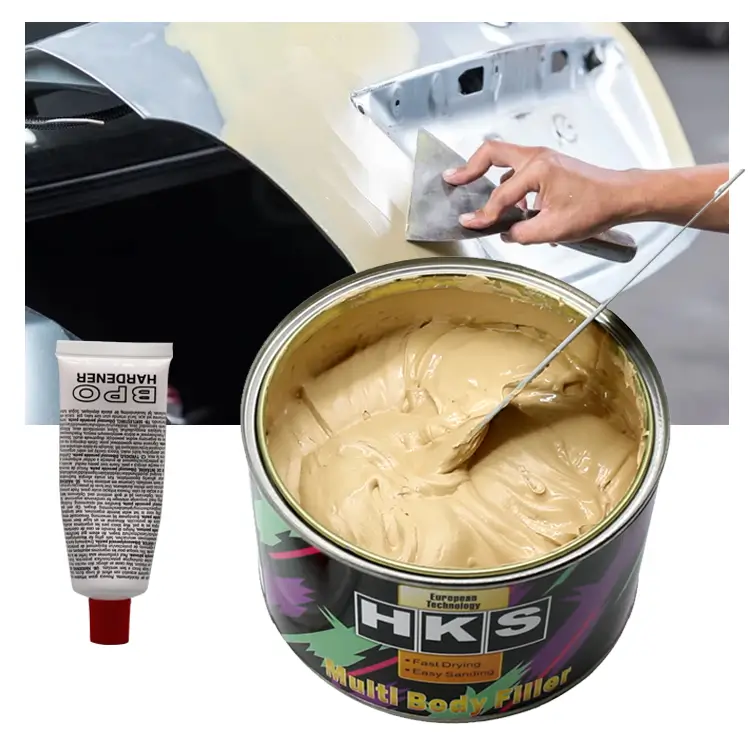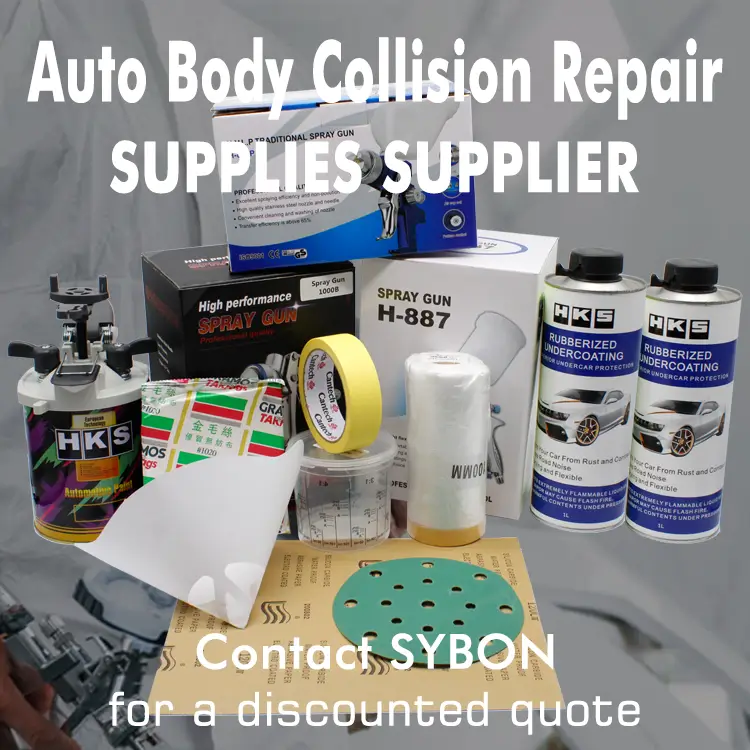Car Body Shop Repair Details
Car body shop repair, also known as collision repair, is the process of restoring a damaged vehicle to its pre-accident condition. Whether it’s a small dent or major damage, a car body shop repair can fix it all. These services are essential to ensure that your car is safe to drive and maintain its value. In this article, we’ll dive into the details of car body shop repair, from the types of damages to the repair process, costs, and more.
Types of Damages
There are various types of damages that can occur to your vehicle. Some of the most common damages include:
Scratches: Scratches can occur due to a variety of reasons, including rocks, trees, and other vehicles. While some scratches can be buffed out with a polishing compound, others require a more extensive repair process.
Dents: Dents are one of the most common types of damages, and they can be caused by anything from a hailstorm to a collision. Small dents can sometimes be repaired using a paintless dent repair technique, while larger dents require more extensive repairs.
Paint Damage: Paint damage can occur due to a variety of reasons, including scratches, chips, and fading. Paint damage can be repaired by either repainting the entire vehicle or by spot painting the damaged area.
Structural Damage: Structural damage occurs when the vehicle’s frame is bent or damaged in a collision. This type of damage requires specialized equipment and expertise to repair and ensure that the vehicle is safe to drive.
Total Loss: In some cases, the damage to the vehicle is so extensive that it’s not cost-effective to repair it. In such cases, the vehicle is deemed a total loss.
The Repair Process
The repair process for a car body shop repair depends on the extent and type of damage. Here are the general steps involved in the repair process:
Assessment: The first step in the repair process is to assess the damage to the vehicle. This involves a thorough inspection of the vehicle, both inside and out, to identify all damages.
Estimate: Once the damage has been assessed, the repair shop will provide an estimate of the cost of repairs. The estimate includes the cost of parts and labor required to repair the damage.
Insurance Approval: If the damage is covered by insurance, the repair shop will work with the insurance company to get the repairs approved.
Disassembly: Once the repair is approved, the damaged parts of the vehicle are removed, and the vehicle is disassembled to access the damaged areas.
Repair: The damaged areas of the vehicle are repaired, which can include replacing damaged parts, straightening the frame, or applying new paint.
Reassembly: Once the repairs are completed, the vehicle is reassembled, and the damaged parts are replaced with new ones.
Quality Control: The final step in the repair process is to perform quality control checks to ensure that the vehicle is safe to drive and meets all the required standards.
Costs
The cost of a car body shop repair varies depending on the type and extent of the damage. Minor damages, such as small dents and scratches, can cost anywhere from $50 to $500 to repair. Moderate damages, such as larger dents and paint damage, can cost between $500 to $1,500 to repair. Major damages, such as structural damage, can cost anywhere from $2,500 to $10,000 or more to repair.
Insurance can help cover the costs of repairs, but the amount of coverage depends on the type of insurance policy you have. Comprehensive insurance policies typically cover damages caused by non-collision events, such as hail, falling objects, or theft. Collision insurance policies cover damages caused by collisions with ther vehicles or objects.
It’s important to note that some insurance policies have deductibles, which means you’ll need to pay a certain amount out of pocket before the insurance coverage kicks in. Additionally, if the cost of repairs exceeds the value of the vehicle, the insurance company may deem the vehicle a total loss, which means they’ll pay you the market value of the vehicle instead of covering the cost of repairs.
Choosing a Car Body Shop
Choosing the right car body shop is essential to ensure that your vehicle is repaired correctly and safely. Here are some factors to consider when choosing a car body shop:
Reputation: Look for a car body shop with a good reputation in the community. Read reviews and ask for referrals from friends and family.
Experience: Choose a car body shop that has experience working on your type of vehicle and the type of damage your vehicle has sustained.
Certifications: Look for car body shops that are certified by industry organizations, such as the National Institute for Automotive Service Excellence (ASE) or the Inter-Industry Conference on Auto Collision Repair (I-CAR).
Warranty: Choose a car body shop that offers a warranty on their repairs. A good warranty should cover the cost of any defects in the repair work.
Communication: Choose a car body shop that communicates clearly and regularly throughout the repair process. They should keep you updated on the progress of the repair and be available to answer any questions you may have.
Conclusion
Car body shop repair is an essential service to ensure that your vehicle is safe to drive and maintains its value. The repair process involves assessing the damage, estimating the cost of repairs, disassembling the vehicle, repairing the damaged areas, reassembling the vehicle, and performing quality control checks. The cost of repairs varies depending on the type and extent of the damage, and insurance can help cover the cost. When choosing a car body shop, consider factors such as reputation, experience, certifications, warranty, and communication. With the right car body shop, you can rest assured that your vehicle is in good hands and will be repaired correctly and safely.
Source of this article:https://www.supersybon.com
Get to know us through more channels:Facebook, Tiktok, Instagram, youtube.





